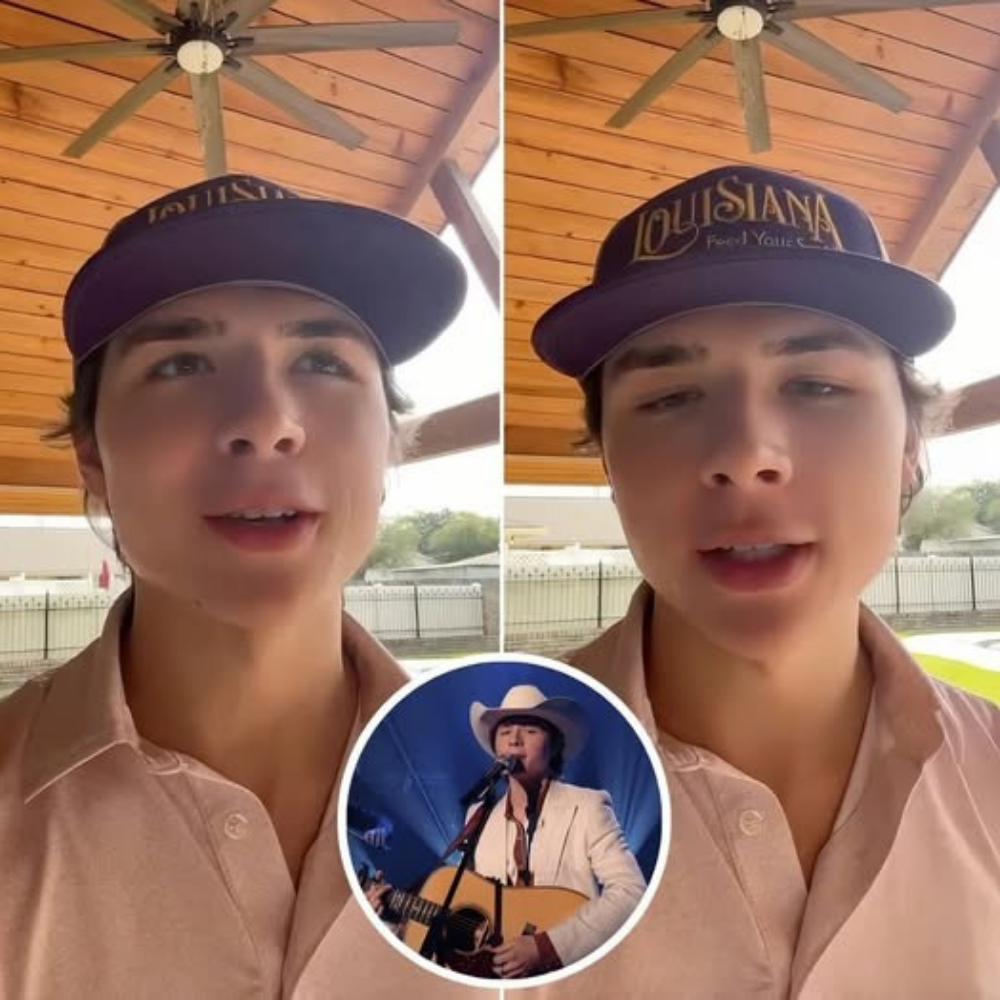In a recent candid interview, Bleu Davinci, a former associate of the Black Mafia Family (BMF), shared explosive insights into the dynamics of the hip-hop scene, particularly his relationships with Young Jeezy and Rick Ross, as well as the impact of Big Meech’s downfall on their careers. The discussion reveals the complex interplay of loyalty, betrayal, and the business of music during a turbulent time for the BMF brand.

Bleu recounted the early days of BMF in Atlanta, emphasizing how they faced ridicule from outsiders who believed they were overreaching in their ambitions. “They said we were doing too much,” he recalled, highlighting the skepticism surrounding their rise. Despite the challenges, BMF’s influence in the music industry began to grow, with artists flocking to the brand, albeit with some initial hesitance.
One of the pivotal moments Bleu discussed was the fallout following a shooting incident that led to Big Meech’s arrest. Just days after the event, he was instructed to disperse members of BMF to avoid further heat. This chaotic period saw Bleu attempting to keep the music momentum going, even as he was navigating legal troubles himself. He emphasized that during this time, Young Jeezy was in the studio working hard, and their bond intensified as they faced adversity together.
However, as the tides shifted, Bleu expressed his disappointment over how Young Jeezy capitalized on their friendship and the BMF brand. He revealed that while he was working to promote Jeezy’s music, the rapper was simultaneously negotiating record deals without involving Bleu or ensuring that he received his fair share. “I felt like I was left out,” Bleu lamented, emphasizing the betrayal he felt despite the close ties they had developed.
Bleu also addressed the role Rick Ross played in the narrative, particularly concerning the “BMF” track that Ross released. He pointed out that while Big Meech had given Ross the green light for the song, the lack of a financial agreement meant that many who had contributed to the BMF legacy felt sidelined. “So much money was made there, and I feel like Meech fumbled that situation,” he explained.
Throughout the interview, Bleu reflected on the broader implications of his experiences, noting how the decisions made by pivotal figures in the BMF narrative have shaped the trajectories of their careers. He articulated a sense of pride in Jeezy’s success but also frustration over missed opportunities for himself and others who were integral to the BMF brand.
Ultimately, Bleu Davinci’s revelations shed light on the intricate relationships within the BMF circle and the music industry at large. His story serves as a cautionary tale about the complexities of loyalty and business in a world where friendships can quickly turn into transactions, and where the price of fame can often lead to unforeseen consequences. As BMF continues to be a significant cultural touchstone, the narratives of those involved remain vital to understanding its legacy in hip-hop history.
